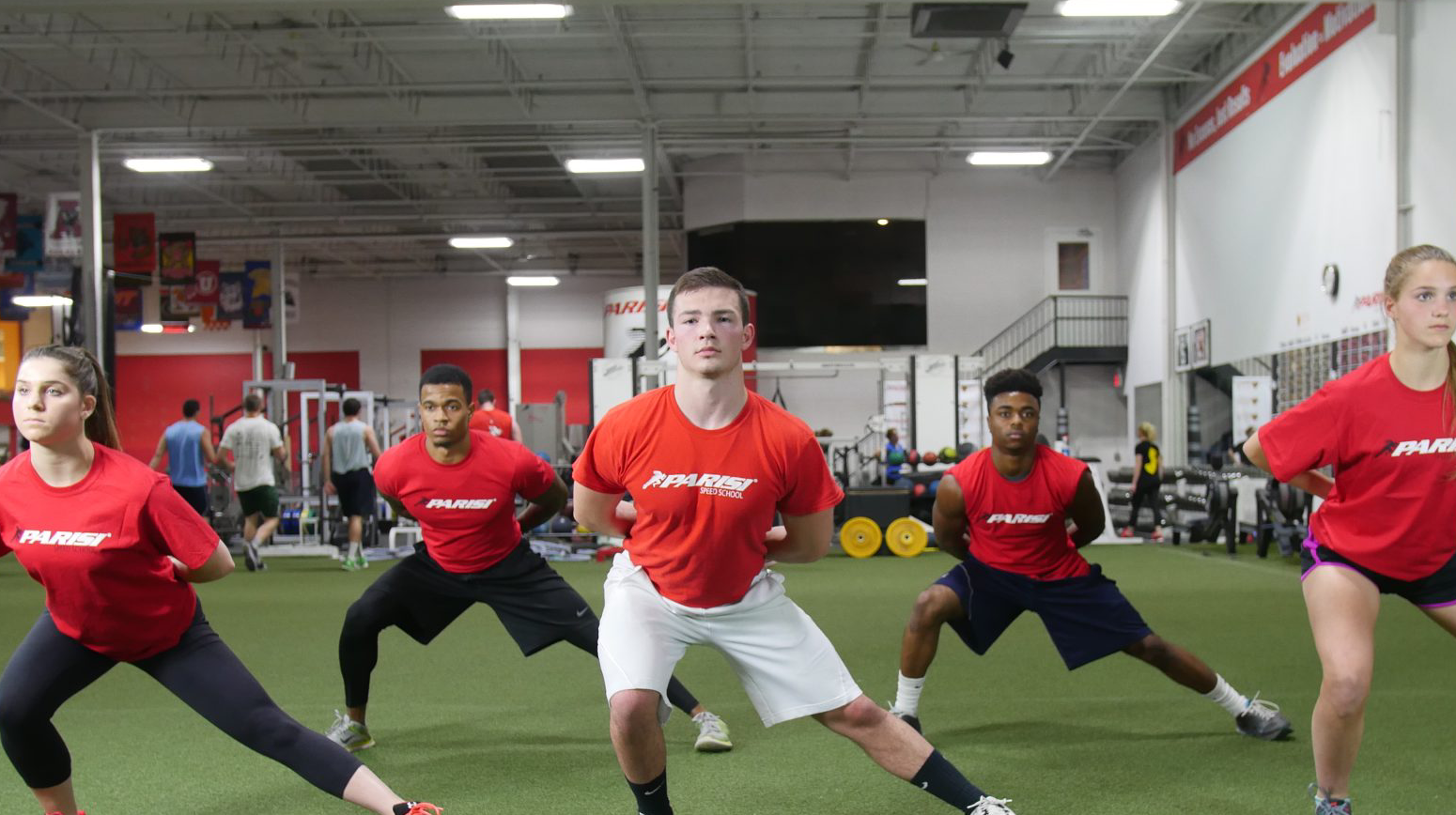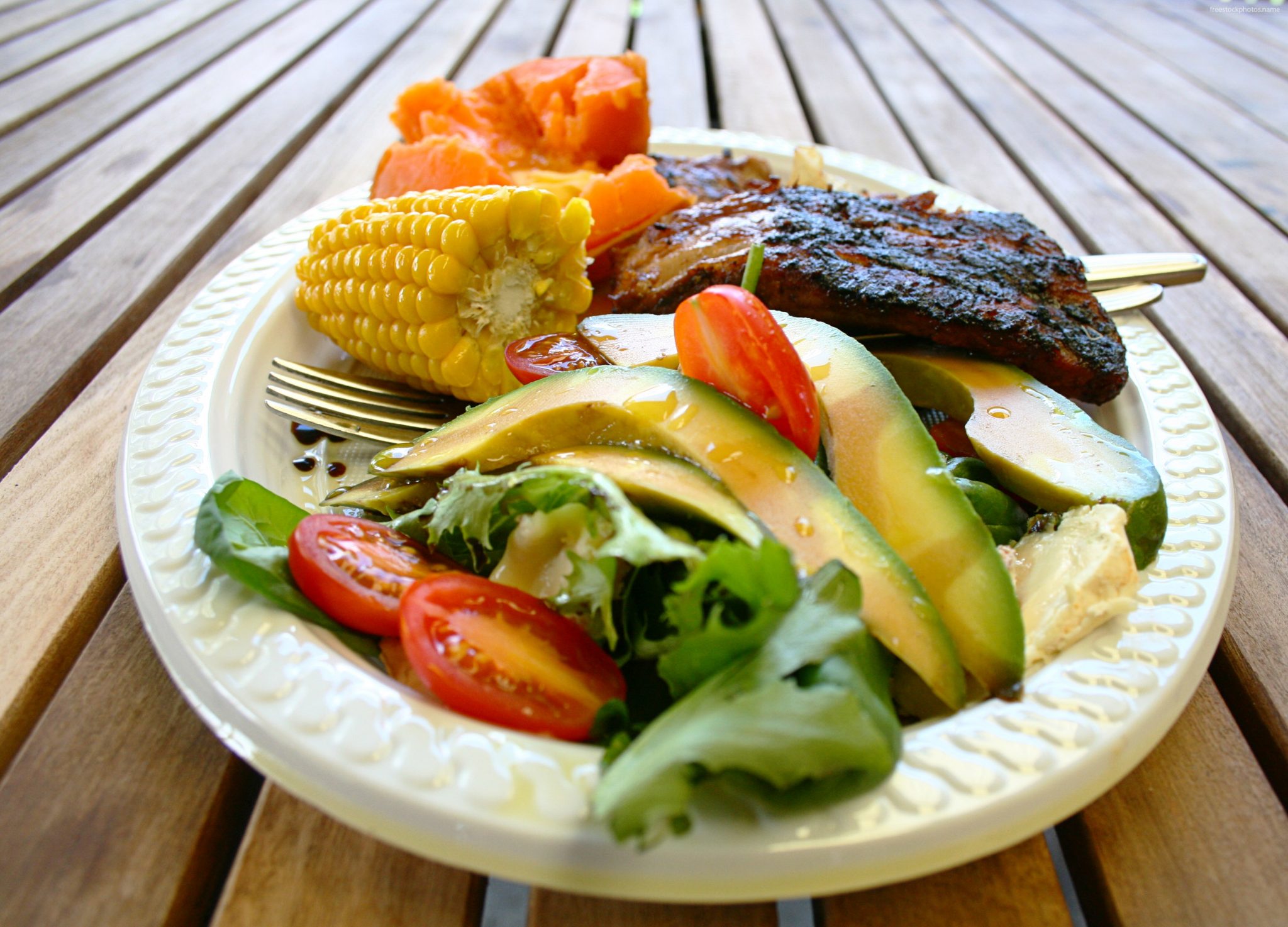Fueling Your Athletic Performance
Despite whether you are an athlete or not, an increase in physical activity requires an increase in food consumption to fuel your body in training. Consistent feeding throughout the day will keep your metabolism up, ensure nutrient delivery to the muscles, and help minimize fatigue. Eating breakfast, lunch, and dinner with snacks between each meal, as well as a small snack before bed is a great example of how often you should eat.
Fueling your body prior to a workout is essential, whether it is a meal 2 hours before or just a snack 30 minutes before, this food should consist of mostly carbohydrates, moderate protein, and minimal fat. Everybody is a little different in what they can and cannot eat before training, some people will not be able to tolerate a snack 30 minutes prior to training, and others may be able to have a snack ten minutes prior. It’s up to you to figure out what works for you and stick to it.
The most essential part of eating is right after training. You should eat a snack that consists of mostly carbohydrates and protein as soon as possible after finishing your workout. This will help ensure optimal recovery, repair of the muscles that were stressed during training, and replenish glycogen stores. A popular choice for a post workout meal is a protein shake containing whey protein, and carbohydrates.
Fluid intake is also very important throughout the whole day, not only during or post workout. Staying hydrated throughout the day is especially important if a lot of fluid was lost through sweat during training. The recommended fluid intake is: approximately 14-22 ounces before training, 6-12 ounces every 20 minutes during training, and 16-24 ounces per pound of body weight lost during training for recovery.
Eating a wide variety of foods is also very important to be sure that you get the vitamins and minerals needed to re-fuel your body. Lean protein, and a fruit or vegetable should be eaten at every meal. Fruits and vegetables are key in supplying your body with vitamins and minerals essential to your recovery. Carbohydrates such as breads, pasta, nuts, potatoes, and rice are also essential to fuel the body when eaten before and after training. The rest of your carbohydrate intake should come from fruits and vegetables as often as you would like. Limit calorie containing drinks such as fruit juices, soda, energy drinks, and ALCOHOL as these sugars often get stored as fat. Be sure not to eliminate healthy fats from your diet as a certain amount of good fat is necessary for normal bodily functions, and optimal performance. Fats from foods such as nuts, seeds, fish, and healthy oils are healthy fats.
Many supplements on the market today claim to be a magic pill or powder to be the key for unlocking an athletes maximum potential, and are usually made of creatine, glutamine, arginine, HMB, etc. An athlete’s daily food intake should ensure that they get these in the body. A supplement is to be used when someone is lacking these in regular food intake. Protein supplements in the form of bars, powders, and shakes are the most reasonable means of supplementation; everything else ultimately ends up being a very expensive form of waste. The best thing an athlete can do is eat a wide variety of foods, plan their meals around their training schedule and fuel their body with the greatest amounts of unprocessed foods as possible.


 Parisi Rises in 2017 Entrepreneur Franchise 500
Parisi Rises in 2017 Entrepreneur Franchise 500